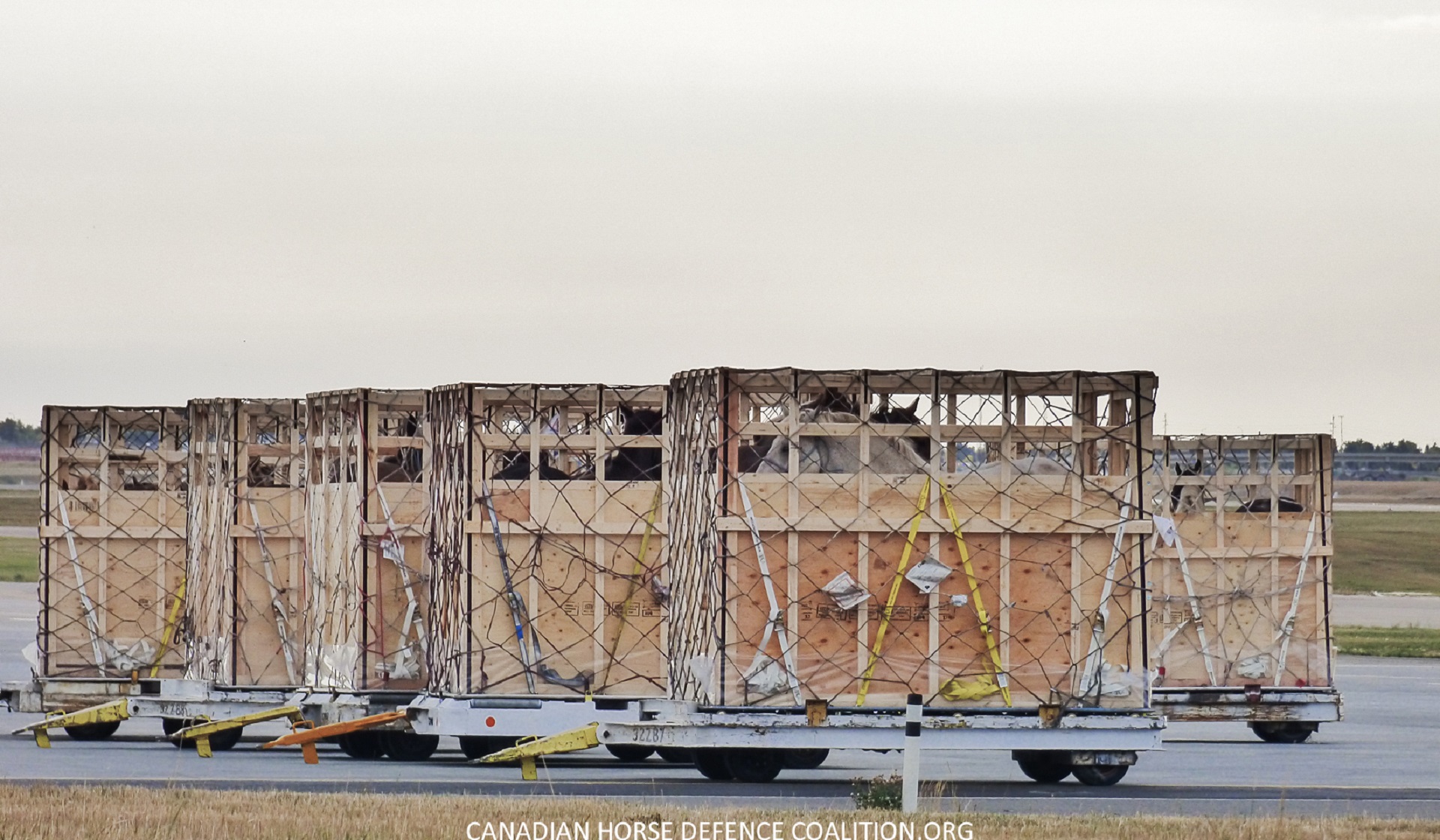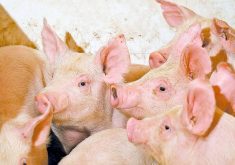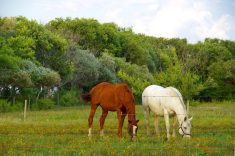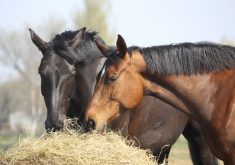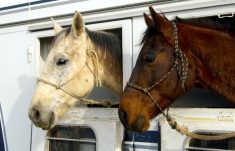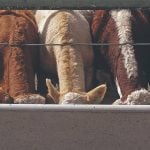Animal Justice taking exception to a livestock shipping practice isn’t a surprise.
Looking at their website, the animal rights group highlights animal transport under its list of causes. The page reads that federal laws and regulations applying to farmed livestock are “notoriously weak,” prioritize outcomes rather than prescriptions and, thus, do not account for animal suffering while being shipped, just that they arrive at their destination without “noticeable injury or illness.”
Of bigger issue to one Manitoba horse farm, as Glacier FarmMedia recently reported, the group is staunchly against air export of horses for the slaughter market, which their website calls a “national shame.”
Read Also
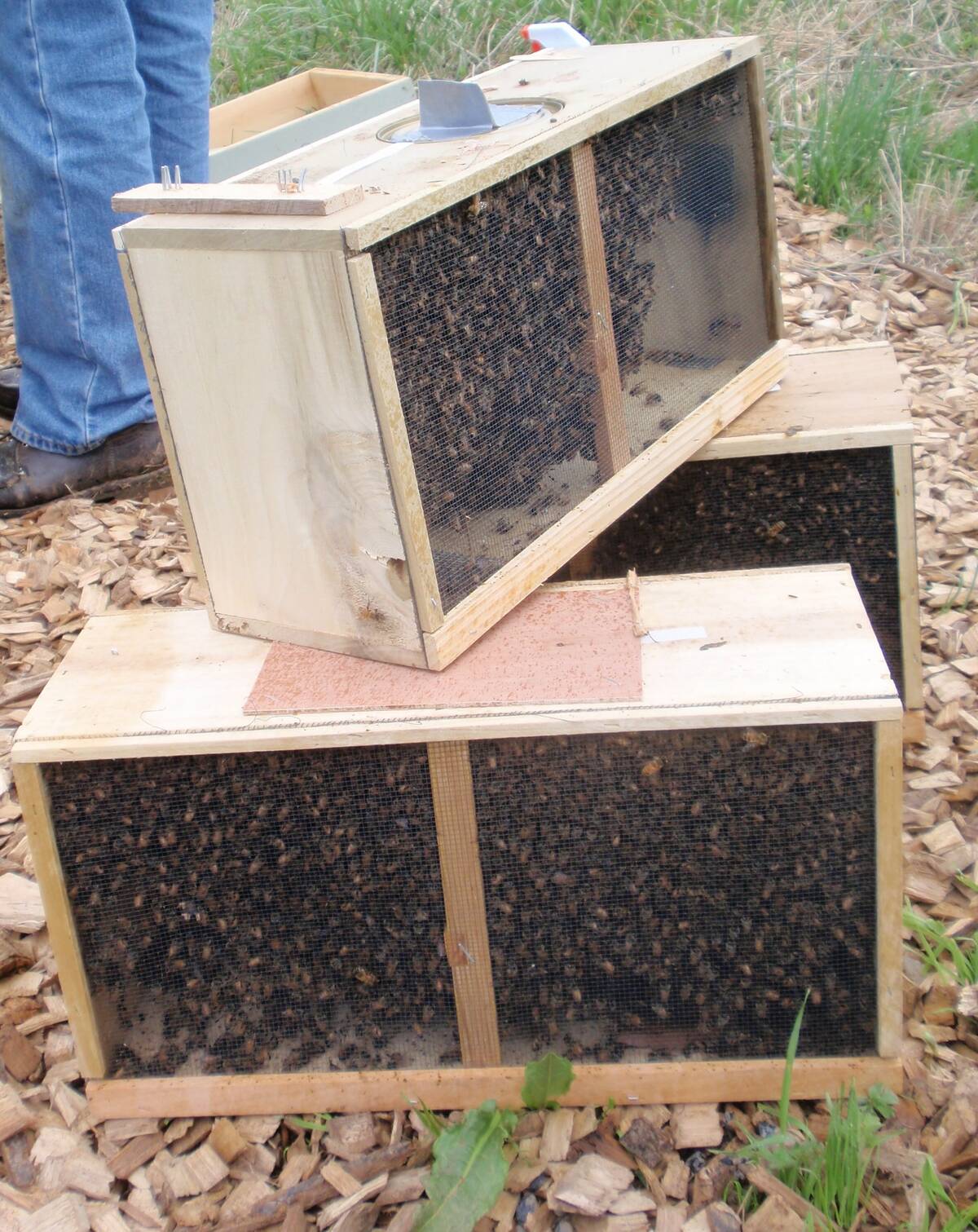
Canadian beekeepers call for regulatory accountability
Beekeepers say the Canadian Food Inspection Agency should restore U.S. packaged bee shipments, claiming the agency isn’t following evidence.
The group points to federal rules around how long livestock can be in transit before getting a break for food, rest and water. That’s 24 hours without water for broiler chickens (28 hours between rest and food), 28 hours for horses and pigs and 36 hours for cattle old enough to no longer be nursing.
Animal Justice is in the process of taking that horse farm to court over a 2022 shipment they say went over those limits.
But their latest release criticized the same farm for apparently shipping the horses close to Winnipeg, offloading them at a feedlot overnight and then completing the journey to the airport. The group characterized it as a “workaround” in the rules to “reset the clock.”
Industry might bemusedly describe it as just plain following the rules. As well as maximum transport times without a break, regulations also set out how long those breaks must be. The clock can only restart after a mimimum eight consecutive hours of rest, according to Canada’s Health of Animals Regulations.
Moira Harris, an animal welfare consultant quoted by Animal Justice, noted that that loading and unloading is “the most stressful and disruptive parts of transport” whether that transport is by road or by air, and would increase “… stress and reduce their welfare, compared to an uninterrupted trip.”
That’s weirdly similar to arguments Canada’s beef sector was shouting from the rooftops five years ago, when more restrictive federal rules around food, rest and water breaks were introduced.
Prior to that, cattle could be on the road for a maximum 48 hours before a break, and those breaks only had to be five hours long.


